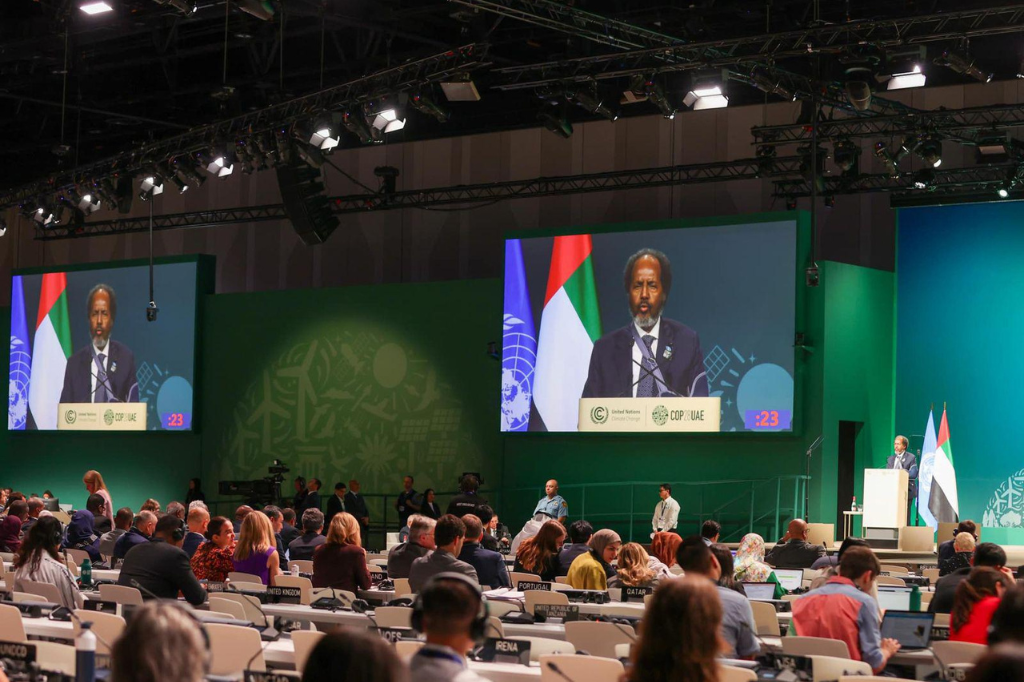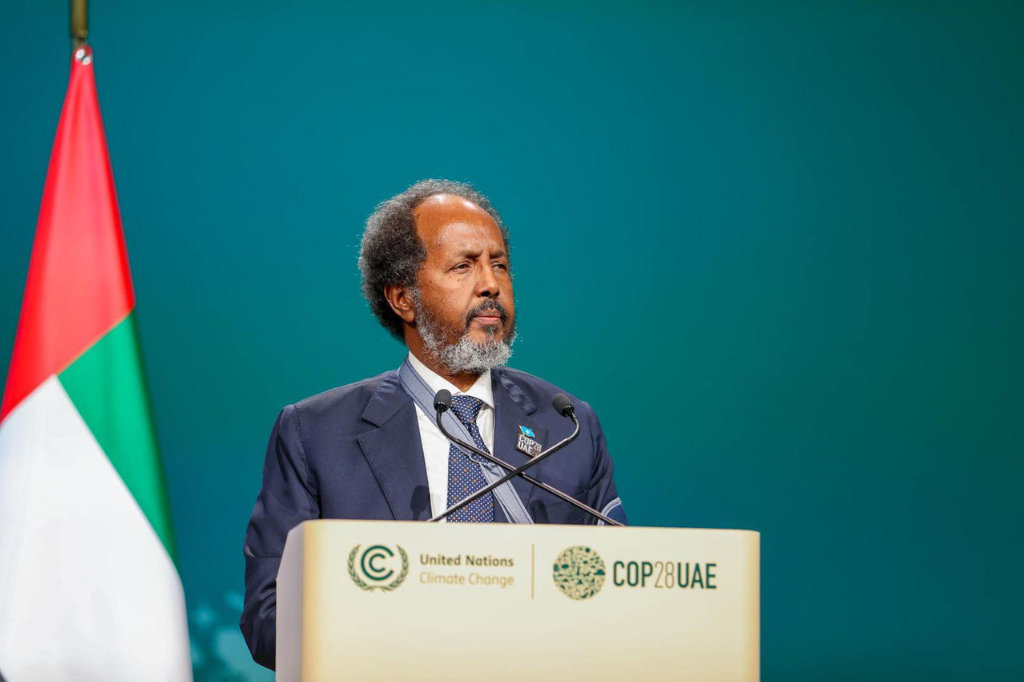
Somalia: Is the Climate Crisis a Hoax?

In the middle of endless debates and opposing opinions on the climate crisis, one question persists: Is it all just a hoax? While some may still be skeptical, the truth of climate change becomes starkly evident when viewed through the eyes of young Africans. For these resilient souls, the effect of the climate crisis is not a distant notion but a present reality that profoundly affects their lives.
With almost yearly floods and climate-induced famine due to persistent droughts, Africa is at the forefront of the climate crisis. It is tempting to dismiss environmental issues as secondary because of the poverty that is ravaging the continent, but this approach neglects the hard reality: climate change is a threat multiplier that worsens existing vulnerabilities. The people of this continent have witnessed severe consequences of ecological imbalance. In Somalia, my homeland, the effects of climate change are acutely felt.
Somalia, a nation plagued by political turmoil and socioeconomic issues, provides a striking case study. Once a land renowned for its beautiful landscapes and rich natural resources, decades of prolonged droughts, food insecurity, and water shortages have turned it into a nation fighting for its existence. Climate change is more than simply an environmental concern in Somalia; it is a humanitarian crisis that is existential in nature.
Despite their limitations, the voices of young Africans are emerging. Young people all around the continent are taking action to address the climate problems, motivated by a feeling of urgency and determination. They are leading the fight for environmental justice by organizing climate strikes and implementing sustainable projects in their communities.
In Somalia, grassroots initiatives such as “Institute of Climate and Environment (ICE)” bring together young people to campaign for policy reforms and sustainable activities. Through creative projects like “Ololaha Nadaafadda Xeebaha iyo Wacyigalinta Deegaanka” (Beach Cleanup Campaign and Environmental Awareness) and solar energy initiatives, they illustrate the potential of local solutions to global problems.
African institutions and organizations have also been woken. The African Union’s Agenda 2063 and the African Development Bank’s Climate Change Action Plan are two examples of continental initiatives to minimize the effects of climate change and strengthen resilience. Regional entities work together to develop adaptation solutions. Universities support research on sustainable agriculture and renewable energy. Kenya has already begun switching to renewable energy sources such as geothermal power. These are encouraging developments, but more must be done. International cooperation and technological exchange are critical for empowering African states to adapt to climate change and reduce emissions.
However, despite these attempts, difficulties persist. Ignoring the climate problem is more than scientific evidence; it is about people’s lives. The climate change’s implications in Somalia are more than simply statistics; they are also personal stories of resilience and suffering. In Somalia, I have seen and witnessed the changing environment, as well as the misery in the eyes of moms trying to feed their children. I have seen the displacement of entire populations forced to leave their homes because of repeated droughts. I have met little children who lack access to clean drinking water.
In a nutshell, the question of whether the climate crisis is a hoax is a luxury Africa cannot afford. Through the eyes of young Africans, we can see the indisputable truth about its effects on our societies and future. It is time to come together across borders and generations to address this grave challenge and pave the road for our children’s future. The choices that we make now will have an impact on the future of Africa and the globe.
- Tags: Africa, climate change, droughts, Flash Floods, global warming, Somalia
Abdikarem Maruf
Related News




Somalia’s Single-Use Plastic Bag Ban Was Long Overdue

Election in Puntland: A Historical Overview


Somalia at COP28 Recap: Key Highlights and Outcomes

Breath of Fresh Air: The Force Behind Mogadishu’s Newfound Security

